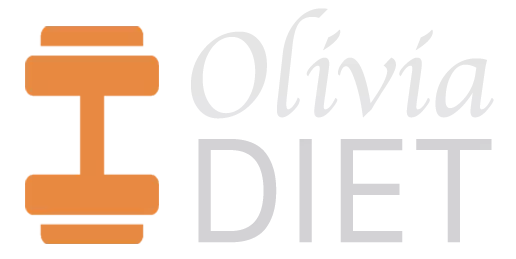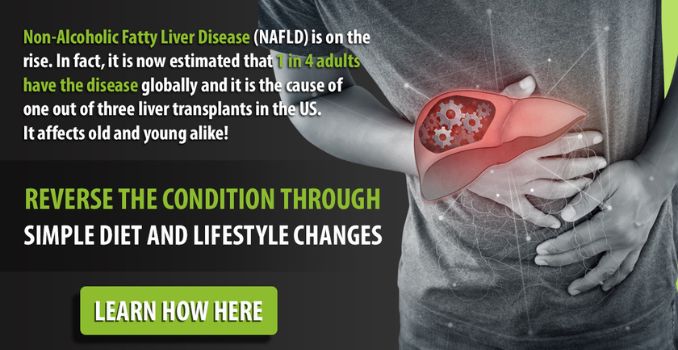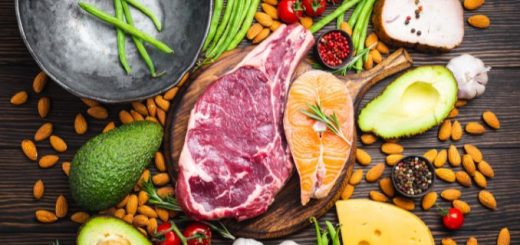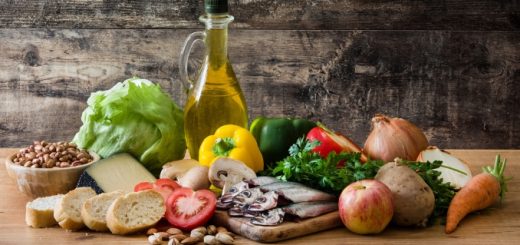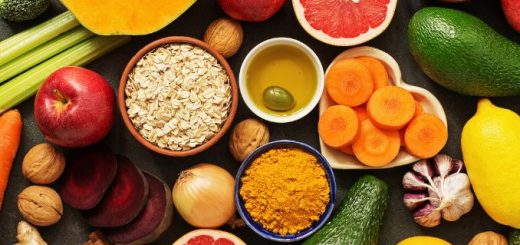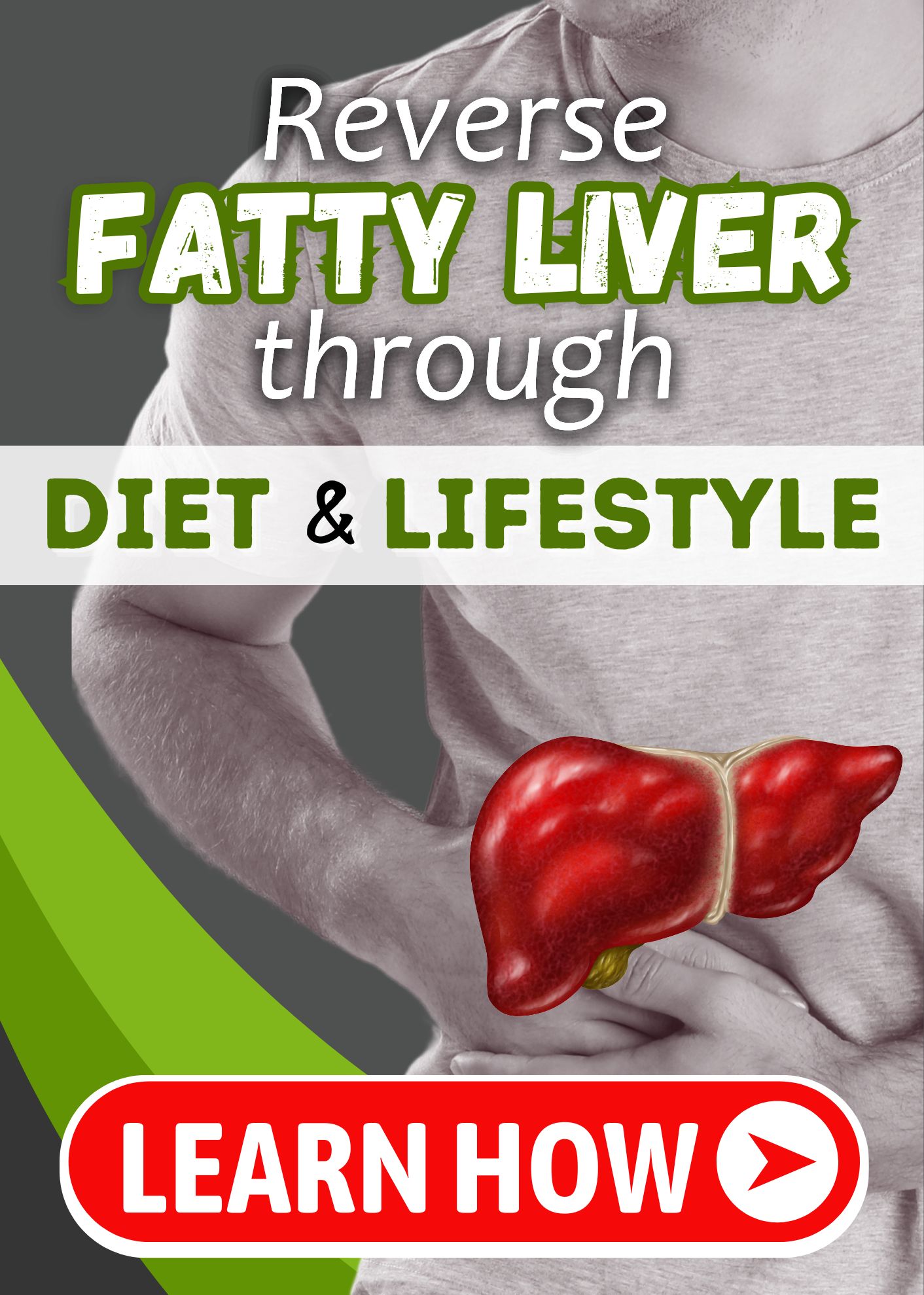Enhance Your Liver Health: The Roadmap to the 21-Day Fatty Liver Diet Plan

Last updated on April 15th, 2025 at 06:13 pm
Looking to give your liver a boost? Look no further than the 21-day fatty liver diet plan! Say goodbye to fatty liver issues and hello to a healthier you.
We're all about nourishing your body with good stuff that supports liver function and overall well-being. Fatty liver disease? It's a common issue caused by poor diet and lifestyle choices, but our plan is designed to tackle it head-on.
Throughout the 21 days, enjoy tasty meals that reduce inflammation, detoxify your system, and revitalize your liver. No more feeling sluggish – it's time to feel energized and ready to take on the world!
Understanding Fatty Liver Disease
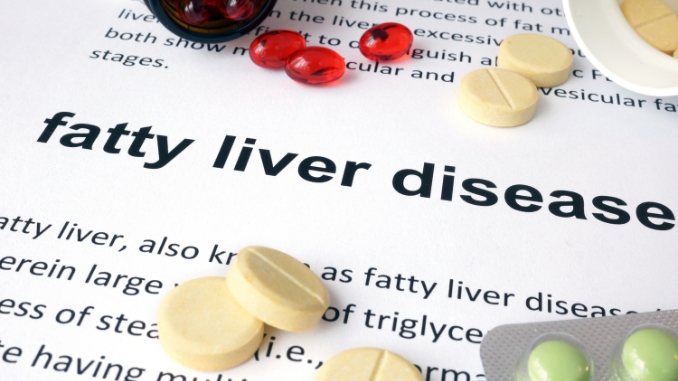
Fatty liver disease occurs when fat accumulates in the liver, often linked to poor diet and lifestyle choices like excessive alcohol consumption, obesity, and inactivity.
This can cause inflammation and also liver cell damage. There are two main types: alcoholic fatty liver disease, which is caused by excessive alcohol consumption., and non-alcoholic fatty liver disease (NAFLD) [1], associated with obesity, insulin resistance, and high blood sugar.
Moreover, if untreated, it can progress to severe conditions like non-alcoholic steatohepatitis [2] (NASH), liver fibrosis, and cirrhosis. Early treatment is necessary to avoid further complications and support liver health.
The Importance of Liver Health
The liver is essential for detoxification, metabolism, and digestion. It filters toxins and waste from the blood, produces bile for digestion, and metabolizes nutrients and medications.
Keeping the liver healthy is crucial for overall well-being. Excess fat and inflammation can impair its functions, causing fatigue, digestive issues, and also hormonal imbalances.
Additionally, adopting a healthy diet and lifestyle supports the liver's detoxification processes, reduces inflammation, and promotes optimal liver function, ensuring long-term health and vitality
Common Causes of Fatty Liver Disease
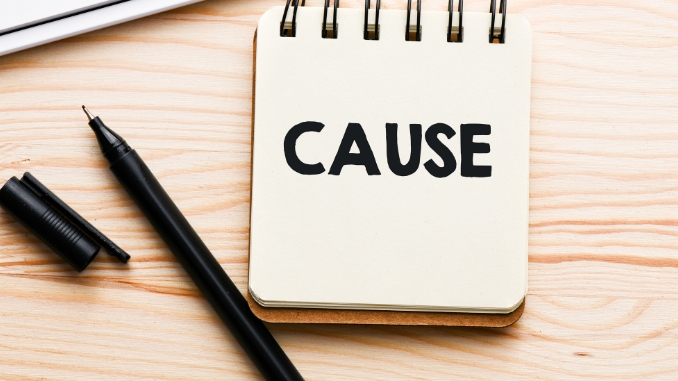
- Poor Diet: High processed foods, sugars, and unhealthy fats intake.
- Excessive Alcohol Consumption: Frequent heavy drinking[3] can also lead to alcoholic fatty liver disease.
- Obesity: Being overweight is also a key risk.
- Sedentary Lifestyle: Inactivity leads to fat buildup in the liver.
- Insulin Resistance: Frequently linked to type 2 diabetes and metabolic syndrome.
- High Blood Sugar Levels: Uncontrolled diabetes can also lead to fatty liver disease.
- Rapid Weight Loss: Sudden weight loss can cause fat to be deposited in the liver.
- Certain Medications: Certain medications can also raise the risk of developing fatty liver.
Addressing these underlying causes is important to combating fatty liver disease effectively. Adopting dietary and lifestyle changes can also help you manage your liver health and reverse fatty liver disease.
Symptoms and Diagnosis of Fatty Liver Disease
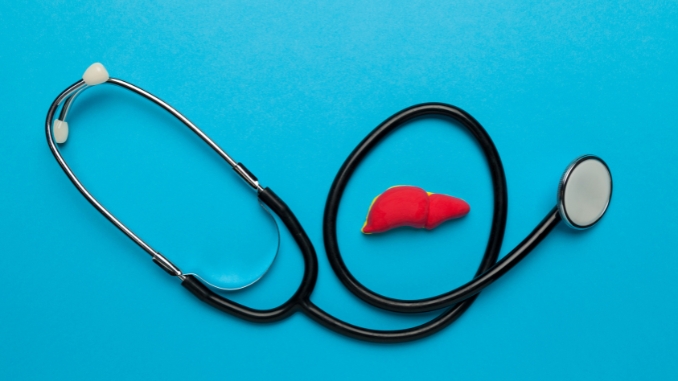
In the early stages, fatty liver disease typically has minimal or no symptoms. Common symptoms of fatty liver disease include:
Symptoms
- Often asymptomatic in the early stages
- Fatigue
- Discomfort or pain in the upper right part of the abdomen
- Unexplained weight loss
- Weakness
- Jaundice (yellowing of the skin and eyes)
- Swelling in the abdomen and legs (edema)
- Enlarged liver
Diagnosis
- Physical Examination: Checking for liver enlargement or tenderness.
- Blood Tests: Elevated liver enzymes (ALT and AST) may indicate liver inflammation.
- Imaging Tests: Ultrasound, CT scan, or MRI to detect fat buildup in the liver.
- Liver Biopsy: A small liver tissue sample is examined to confirm and assess the extent of fat accumulation and inflammation.
The Role of Diet in Combating Fatty Liver
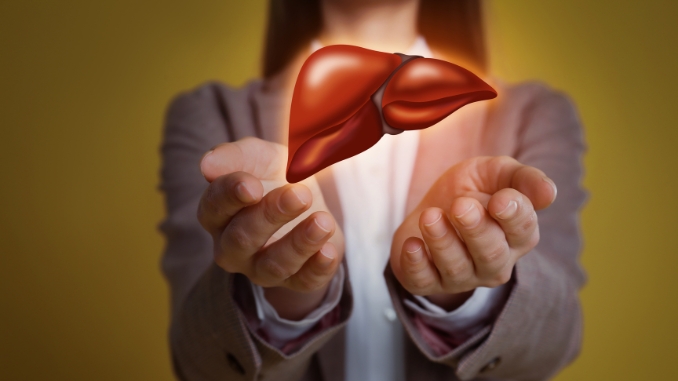
Diet significantly influences the development and treatment of fatty liver disease. A healthy diet can reduce liver inflammation, promote weight loss, and improve liver function. Conversely, a poor diet can contribute to liver damage and exacerbate the effects of fatty liver disease.
Moreover, the 21-day liver revitalization diet plan focuses on nourishing your body with nutrient-rich foods that support liver health. It emphasizes whole, unprocessed foods and also limits foods high in fat, sugar, and refined carbohydrates. This approach helps reduce liver inflammation, promote fat burning, and support overall liver function.
Besides choosing healthy foods, maintaining a balanced and portion-controlled diet is essential. Overeating, even with healthy foods, can also strain the liver and contribute to fat accumulation. Adopting mindful eating habits and portion control can also support your liver's natural detoxification processes and promote healthy weight management.
The Benefits of 21-Day Fatty Liver Diet Plan
Switching to a 21-day Fatty Liver Diet Plan offers numerous benefits. By incorporating nutrient-rich foods and eliminating harmful ones, you can:
- Promote Liver Health: The diet plan includes foods that support liver function, such as fruits, vegetables, and whole grains.
- Reduce Inflammation: Certain foods in the diet plan possess anti-inflammatory properties, helping to alleviate liver inflammation.
- Manage Weight: Overweight is also a risk factor for fatty liver disease. This diet plan emphasizes portion control and healthy eating habits to support weight management.
- Improve Overall Health: A balanced diet benefits your liver and enhances your health and well-being.
Key Components of the Diet Plan

The 21-Day Fatty Liver Diet Plan involves incorporating specific foods while limiting others. Here are the key components:
- Healthy Fats: Add avocados, nuts, seeds, and olive oil to your meals for healthy fats. These fats support liver function and promote heart health.
- Lean Protein: Incorporate lean protein options like poultry, fish, tofu, and legumes into your diet. Protein is essential for repairing liver cells and maintaining muscle mass.
- Complex Carbohydrates: Opt for complex carbohydrates like whole grains, fruits, and vegetables. These provide sustained energy and essential nutrients without causing spikes in blood sugar levels.
- Limit Sugar and Processed Foods: Reduce your sugar and processed foods intake, as they can contribute to liver fat accumulation and inflammation.
- Hydration: Drink plenty of water throughout the day to stay hydrated. Adequate hydration supports liver function and also helps flush out toxins.
21-Day Liver Revitalization Diet Plan
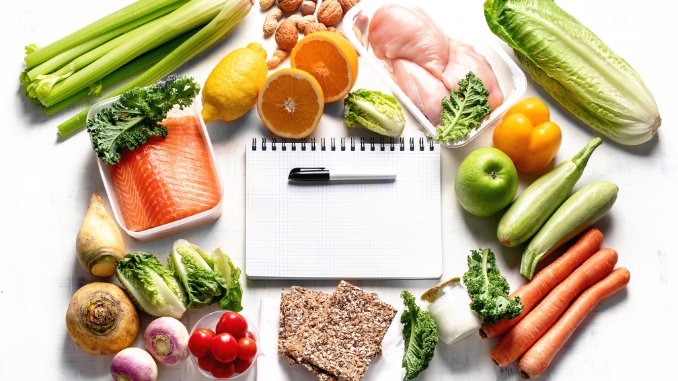
Our 21-day diet plan is expertly crafted to rejuvenate liver function through a progressive, phased approach. Each phase, spanning a week, introduces specific dietary modifications designed to detoxify, repair, and sustain your liver, supporting overall health.
Phase 1: Detoxification (Days 1-7)
The first phase centers on detoxifying the liver to reduce the burden of harmful substances and decrease inflammation. Key dietary changes during this week include:
- Elimination of Harmful Substances – Completely avoid processed foods, alcohol, and foods high in added sugars. These substances can overload the liver, impairing its ability to function effectively.
- Incorporation of Liver-Supportive Foods – Consume more fresh fruits and vegetables, lean proteins like chicken and fish, plant-based proteins, and also whole grains like brown rice and quinoa. These nutrient-rich foods support liver detoxification.
- Focus on Antioxidant-Rich Foods – Prioritize consuming antioxidant-rich foods, such as berries, nuts, and seeds.
These help combat oxidative stress, a key factor in liver health.
Phase 2: Repair and Rebalance (Days 8-14)
In the second phase, the diet shifts towards repairing damaged liver cells and rebalancing the body's nutrients to support liver function. This involves:
- Nutrient-Dense Foods – Include different leafy greens, such as kale and spinach, cruciferous vegetables like Brussels sprouts, and broccoli, which help with liver detoxification.
- Healthy Fats and Protein – Include sources of omega-3 fatty acids in fatty fish (e.g., salmon, mackerel) and flaxseeds, which are vital for reducing inflammation. Healthy fats also from avocados, nuts, and olive oil support nutrient absorption and cell repair.
- Moderate Protein Intake – Ensure adequate protein intake to support liver repair without overburdening it. This includes a balance of both animal and plant proteins.
Phase 3: Sustain and Maintain (Days 15-21)
The final phase focuses on maintaining the benefits achieved and promoting a sustainable, healthy liver by:
- Diverse Diet – Gradually reintroduce a broader range of foods while focusing on liver health. This includes a balanced mix of fruits, vegetables, whole grains, and proteins to ensure continued support for liver function.
- Long-Term Dietary Habits – Encourage healthy eating habits that can be sustained long-term, such as choosing whole foods over processed options and maintaining moderate alcohol consumption.
- Lifestyle Integration – Emphasize the importance of integrating healthy eating with other lifestyle factors such as regular exercise, stress management, and adequate sleep, all of which influence liver health.
- Supportive Practices for Liver Health – Hydration is also essential throughout the diet and beyond. Drinking plenty of water helps the liver flush out toxins. Additionally, regular physical activity boosts metabolism and liver function while reducing stress through techniques like yoga and meditation can further enhance liver health.
Following this comprehensive 21-day fatty liver plan, participants can revitalize their liver and adopt healthier lifestyles, contributing to sustained well-being.
Sample Menu for a 21-Day Fatty Liver Diet

Creating a sample menu for the 21-day fatty liver diet plan can help you visualize how to incorporate nutrient-rich foods that support liver health.
Here’s a comprehensive meal plan that you can follow or customize according to your preferences:
Week 1: Detoxification Phase (Days 1-7)
Day 1:
- Breakfast: Smoothie with spinach, kale, green apple, banana, and chia seeds.
- Lunch: Grilled chicken salad, mixed greens, cherry tomatoes, cucumbers, and olive oil dressing.
- Snack: Carrot sticks with hummus.
- Dinner: Baked salmon, steamed broccoli, and also quinoa.
Day 2:
- Breakfast: Oatmeal with blueberries, flaxseeds, and almond milk.
- Lunch: Lentil soup with a side of mixed greens salad.
- Snack: Sliced cucumber with guacamole.
- Dinner: Stir-fried tofu with bell peppers, zucchini, and also brown rice.
Day 3:
- Breakfast: Greek yogurt with mixed berries and a drizzle of honey.
- Lunch: Quinoa salad, black beans, corn, avocado, and lime dressing.
- Snack: Apple slices with almond butter.
- Dinner: Grilled turkey breast with sweet potato and steamed green beans.
Day 4:
- Breakfast: Smoothie with kale, pineapple, ginger, and coconut water.
- Lunch: Chickpea and vegetable stew, side of whole grain bread.
- Snack: Handful of mixed nuts.
- Dinner: Baked cod with wild rice and sautéed spinach.
Day 5:
- Breakfast: Scrambled eggs with tomatoes, spinach, and whole grain toast.
- Lunch: Spinach and quinoa stuffed bell peppers.
- Snack: Pear slices with cottage cheese.
- Dinner: Grilled shrimp, brown rice, and roasted Brussels sprouts.
Day 6:
- Breakfast: Chia pudding made, almond milk, topped with strawberries.
- Lunch: Mixed greens salad, grilled chicken, avocado, and balsamic vinaigrette.
- Snack: Celery sticks with peanut butter.
- Dinner: Baked chicken breast, roasted sweet potatoes and asparagus.
Day 7:
- Breakfast: Smoothie with spinach, mango, banana, and flaxseeds.
- Lunch: Vegetable soup with a side of whole grain bread.
- Snack: Bell pepper slices with hummus.
- Dinner: Grilled salmon with quinoa and also steamed broccoli.
Week 2: Repair and Rebalance Phase (Days 8-14)
Day 8:
- Breakfast: Overnight oats, chia seeds, blueberries, and almond milk.
- Lunch: Grilled chicken and also avocado salad, mixed greens.
- Snack: Orange slices.
- Dinner: Baked cod with roasted carrots and quinoa.
Day 9:
- Breakfast: Greek yogurt with honey, walnuts, and sliced bananas.
- Lunch: Lentil and vegetable soup.
- Snack: Handful of almonds.
- Dinner: Stir-fried tofu with broccoli, carrots, and then brown rice.
Day 10:
- Breakfast: Smoothie with spinach, pineapple, and ginger.
- Lunch: Quinoa salad with black beans, corn, and then avocado.
- Snack: Sliced cucumbers with guacamole.
- Dinner: Grilled turkey breast with sweet potato and green beans.
Day 11:
- Breakfast: Oatmeal with sliced peaches and also flaxseeds.
- Lunch: Spinach and chickpea stew.
- Snack: Apple slices with almond butter.
- Dinner: Baked salmon with wild rice and then sautéed spinach.
Day 12:
- Breakfast: Scrambled eggs with tomatoes, spinach, and then whole grain toast.
- Lunch: Quinoa stuffed bell peppers.
- Snack: Celery sticks with peanut butter.
- Dinner: Grilled shrimp, brown rice, and also roasted Brussels sprouts.
Day 13:
- Breakfast: Chia pudding with almond milk and strawberries.
- Lunch: Mixed greens salad with grilled chicken and avocado.
- Snack: Handful of mixed nuts.
- Dinner: Baked chicken breast with roasted sweet potatoes and asparagus.
Day 14:
- Breakfast: Smoothie with kale, mango, and then flaxseeds.
- Lunch: Vegetable soup with whole grain bread.
- Snack: Bell pepper slices with hummus.
- Dinner: Grilled salmon with quinoa and steamed broccoli.
Week 3: Sustain and Maintain Phase (Days 15-21)
Day 15:
- Breakfast: Overnight oats with chia seeds, almond milk, and blueberries.
- Lunch: Grilled chicken salad with mixed greens, avocado, and then balsamic vinaigrette.
- Snack: Orange slices.
- Dinner: Baked cod with roasted carrots and quinoa.
Day 16:
- Breakfast: Greek yogurt with honey, walnuts, and sliced bananas.
- Lunch: Lentil and vegetable soup.
- Snack: Handful of almonds.
- Dinner: Stir-fried tofu with broccoli, carrots, and then brown rice.
Day 17:
- Breakfast: Smoothie with spinach, pineapple, and ginger.
- Lunch: Quinoa salad with black beans, corn, and avocado also.
- Snack: Sliced cucumbers with guacamole.
- Dinner: Grilled turkey breast with sweet potato and green beans.
Day 18:
- Breakfast: Oatmeal with sliced peaches and flaxseeds.
- Lunch: Spinach and chickpea stew.
- Snack: Apple slices with almond butter.
- Dinner: Baked salmon with wild rice and also sautéed spinach.
Day 19:
- Breakfast: Scrambled eggs with tomatoes, spinach, and whole grain toast.
- Lunch: Quinoa stuffed bell peppers.
- Snack: Celery sticks with peanut butter.
- Dinner: Grilled shrimp, brown rice, and roasted Brussels sprouts also.
Day 20:
- Breakfast: Chia pudding with almond milk and strawberries.
- Lunch: Mixed greens salad with grilled chicken and avocado.
- Snack: Handful of mixed nuts.
- Dinner: Baked chicken breast with roasted sweet potatoes and also asparagus.
Day 21:
- Breakfast: Smoothie with kale, mango, and flaxseeds.
- Lunch: Vegetable soup with whole grain bread.
- Snack: Bell pepper slices with hummus.
- Dinner: Grilled salmon with quinoa and then steamed broccoli.
This sample menu provides a balanced approach to liver health by incorporating various nutrient-dense foods. Consistency and also mindful eating are key to supporting your liver health and overall well-being.
Fatty Liver Diet Foods
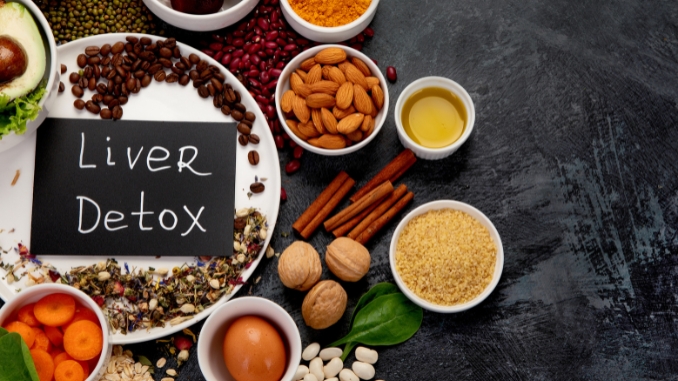
The 21-day liver revitalization diet plan includes many liver-friendly foods that support detoxification, reduce inflammation, and promote optimal liver function.
- Fruits and vegetables: Have a variety of colorful fruits and vegetables in your diet. These contain antioxidants, vitamins, and minerals that support liver health. Opt for berries, citrus fruits, leafy greens, cruciferous vegetables, and colorful bell peppers.
- Lean proteins: Aim for lean protein sources, such as skinless poultry, fish, tofu, and legumes. These provide essential amino acids for liver repair and also cell regeneration.
- Whole grains: Include whole grains, like brown rice, quinoa, and whole wheat bread to provide fiber and slow-release carbohydrates for sustained energy.
- Healthy fats: Incorporate healthy fats like avocados, nuts, seeds, and then olive oil. Unlike saturated fats, these fats also provide essential fatty acids and support liver function.
- Herbal teas: Enjoy herbal teas like dandelion root or milk thistle, known for their liver-detoxifying properties.
By including these liver-friendly foods in your diet, you can nourish your liver and also promote optimal liver function throughout the 21-day fatty liver diet plan program.
Foods to Avoid for a Healthy Liver

Avoiding or limiting certain foods that can contribute to liver damage and inflammation is also essential to promoting liver health and combating fatty liver disease.
1. Alcohol
Eliminate alcohol completely during the 21-day fatty liver diet plan program. Alcohol is toxic to liver cells and also worsens fatty liver disease.
2. Sugary and Fried Foods
Minimize intake of sugary beverages, desserts, and processed foods. Avoid unhealthy fats like trans fats and saturated fats found in fried foods, processed snacks, and fatty meats. These foods also contribute to liver fat accumulation and inflammation.
3. Refined Carbohydrates
Avoid white bread, white rice, and sugary cereals. These can also spike blood sugar levels and increase liver fat.
4. Sodium
Reduce sodium intake by avoiding high-sodium processed foods, canned soups, and salty snacks. Excess sodium leads to fluid retention and liver inflammation.
Avoiding these liver-damaging foods can support your liver's natural detoxification processes and also elevate optimal liver function.
Lifestyle Changes to Support Liver Health
In addition to following a liver-healthy diet, certain lifestyle changes can further support your liver health and overall well-being.
- Stay physically active: Regular exercise supports liver health and also promotes weight management. Aim for at least 150 minutes of moderate-intensity aerobic activity and strength training exercises each week.
- Prioritize sleep: Get adequate sleep to support liver regeneration and overall health. Also, prioritize 7 to 9 hours of quality sleep each night.
- Manage stress: Severe stress can also contribute to liver inflammation and damage. Incorporate stress management practices like deep breathing exercises, meditation, and engaging in activities or hobbies you enjoy.
- Limit exposure to toxins: Minimize exposure to environmental toxins, such as pesticides, cleaning chemicals, and air pollutants. Use natural and non-toxic cleaning products if possible.
- Maintain a healthy weight: Losing weight can also significantly improve liver health if you are overweight or obese. To achieve and sustain a healthy weight, follow a balanced diet and engage in regular exercise.
Implementing these lifestyle changes can help create a supportive environment for your liver and optimize your overall health and well-being.
Conclusion: Taking Control of Your Liver Health
Your liver is a vital organ that is crucial to your overall health and well-being. By adopting a liver-healthy diet and lifestyle, you can combat fatty liver diseases, reduce inflammation, and promote optimal liver function.
The 21-day fatty liver diet plan revitalizes your liver and transforms your health. Focusing on nutrient-rich foods, detoxification, and gradual adjustments, this program also provides a comprehensive approach to liver health and rejuvenation.
Take charge of your liver health today and try this 21-day journey to a revitalized you. Unlock the power of a healthy liver and experience renewed energy, vitality, and well-being. Your liver deserves it, and so do you.
In other words, a healthy liver is essential to a long, happy life. But obesity, inactivity, poor diets, and other factors are combined to destroy liver health and lead to a whole host of related medical issues like low energy, an inability to fight off infections, unregulated hormones, and ultimately fibrosis and cirrhosis. So check out this Master Guide to Liver Health now!
Rick Kaselj MS, is a leading kinesiologist and injury specialist as well as co-creator of the best-selling Unlock Your Hip Flexors program. Rick creates exercise programs that help people heal injuries and eliminate pain, so they can go back to living a full, active, healthy life.
